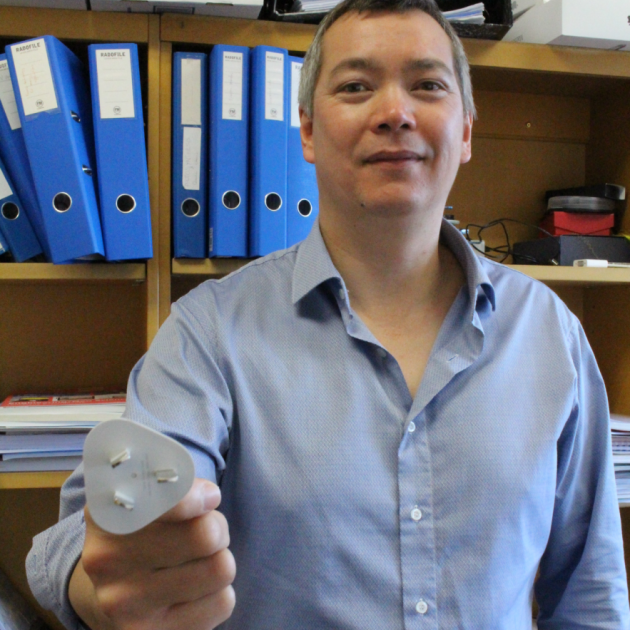
Easier access to renewable energy and smarter appliances will change the patterns of domestic demand for power, University of Otago senior lecturer Michael Jack says.
Dr Jack is involved in the Green Grid Project, a six-year research programme, funded by MBIE, and led by the University of Canterbury in conjunction with the University of Otago and the University of Auckland.
The project aims to explore changing patterns of energy supply and demand in New Zealand and the potential impact on the safety, security and reliability of infrastructure, to ensure Kiwis have continued access to an efficient, cost-effective and robust electricity network.
"One of the things that is interesting about domestic demand is it has kind of flat-lined. It hasn't been increasing over the last few years,'' Dr Jack said.
"In the two decades before that it has been climbing very definitely.
"All the methods of prediction assume a growth in domestic demand but we are starting to see a tailing off of that.''
Households could seize control in the future, by using more options for storing energy or through being able to run electrical devices remotely to respond to electricity prices rising or falling, he said.
"Things like washing machines can be set to a timer, your heating coming on before you get home. It's not just energy efficiency, but that will probably come along with it.
"Then you have batteries,as well. The cost of batteries is rapidly falling. There is potential for people to have home storage systems.
"On top of that, you have things like electric vehicles on the horizon.
"All these things together suggest there's going to be significant changes in domestic electricity demand.
"To plan for the future we really need to understand domestic demand and how it may change in the future.''
The researchers have placed specialised monitoring devices in more than 50 homes across the country, checking on their power use across different circuits at one-minute intervals.
"It's not just average demand that's important, it's when that demand occurs and are the peaks higher?
"Electricity companies need to design their lines to deal with the peaks. That's the key thing for them.''
The project would attempt to run different scenarios to help understand what domestic profiles might look like.
At present it is in the data-gathering stage.












